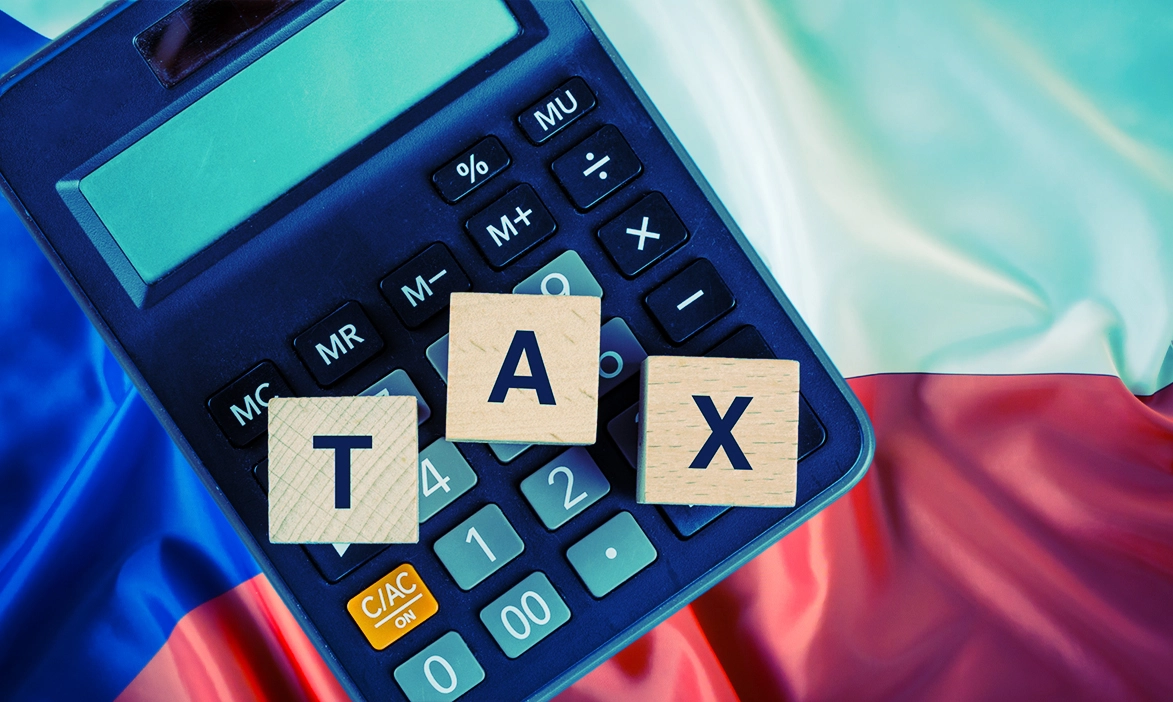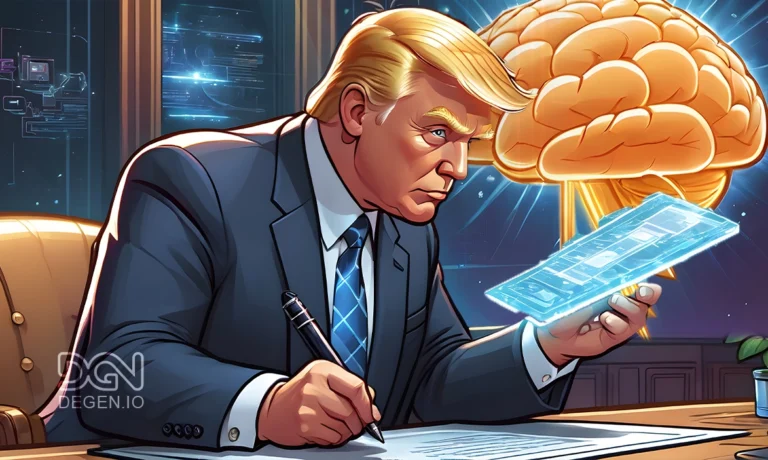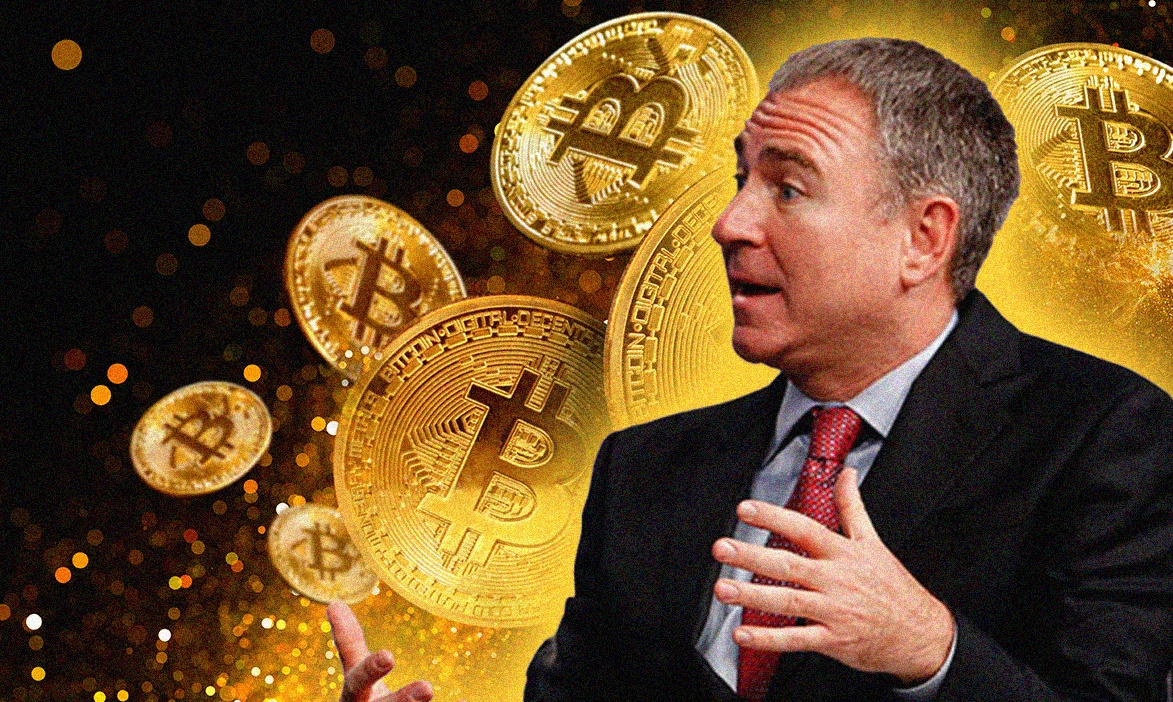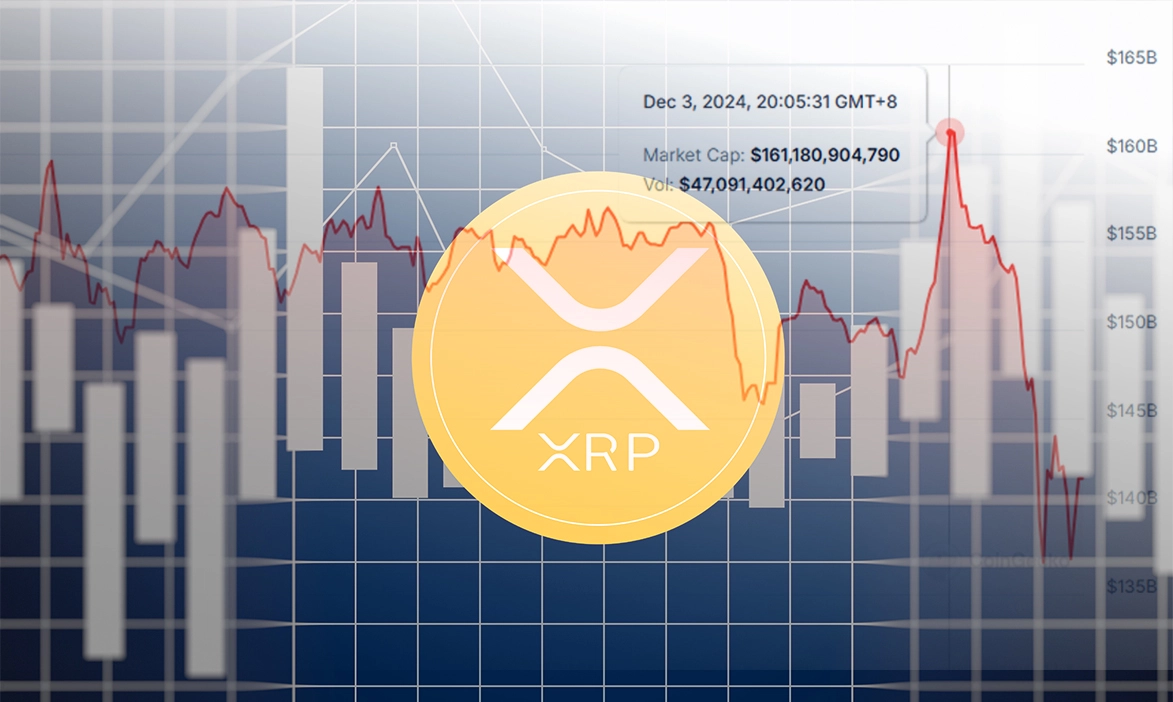Next Wednesday, the Senate Banking Committee will decide whether to renominate Caroline Crenshaw as a commissioner for the U.S. Securities and Exchange Commission (SEC). This pivotal vote is set to impact the future of cryptocurrency regulation and broader financial oversight. If reappointed, Crenshaw will continue to play a key role in shaping SEC policies through 2029, reinforcing her alignment with SEC Chair Gary Gensler’s approach to strict oversight.
For the crypto industry, the outcome of this decision could either bolster or hinder innovation, setting the tone for the years to come.
Crenshaw’s Role in SEC Oversight
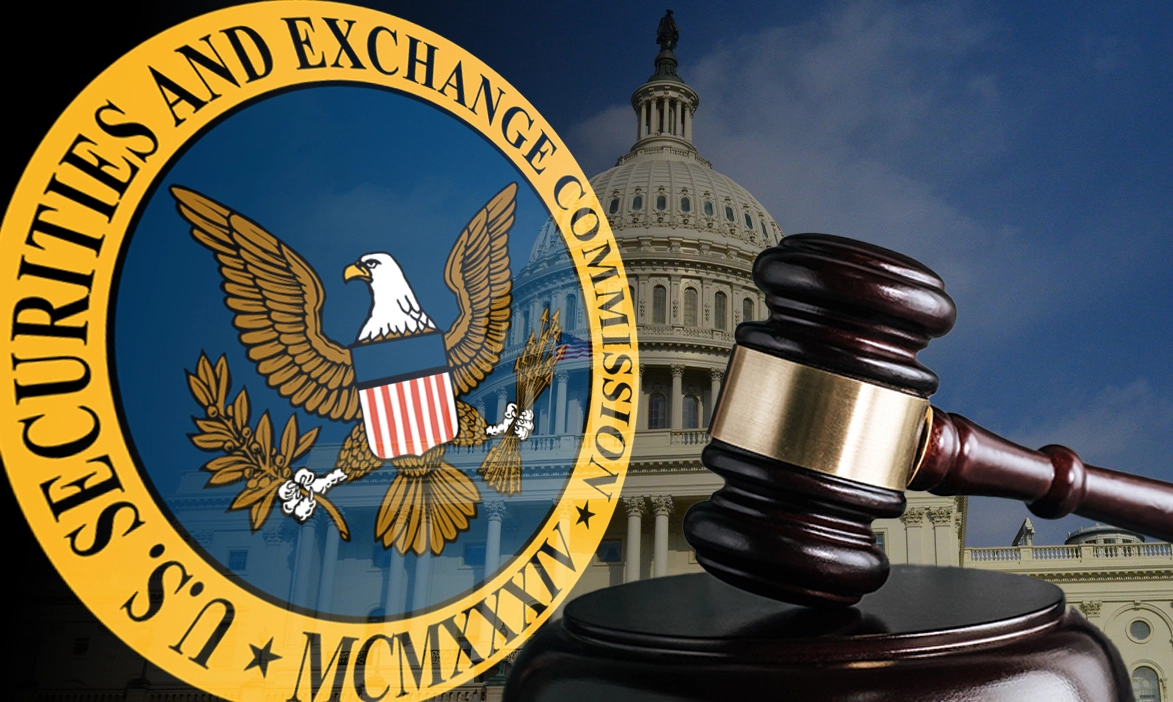
Caroline Crenshaw has been an influential figure at the SEC since her appointment in 2020. A staunch ally of Chair Gary Gensler, she has consistently supported his initiatives aimed at tightening cryptocurrency regulations and demanding more comprehensive corporate disclosures, particularly on climate-related risks.
One of Crenshaw’s most controversial stances has been her opposition to approving Bitcoin spot exchange-traded funds (ETFs). While proponents argue that such ETFs could legitimize cryptocurrencies and attract institutional investors, Crenshaw and Gensler have raised concerns about potential market manipulation and investor protections.
Her advocacy for stricter climate-related corporate disclosures has also drawn praise from environmental groups but criticism from industries wary of increased compliance costs.
“Investor protection remains our top priority,” Crenshaw said during a recent SEC meeting. “We cannot ignore the risks posed by emerging technologies and unregulated markets.”
What’s at Stake for Crypto?
The cryptocurrency community has been particularly vocal about the implications of Crenshaw’s renomination. Her continued alignment with Gensler could mean a sustained push for stricter regulations, which many in the industry view as stifling innovation.
One of the key issues is the SEC’s enforcement actions against crypto companies accused of operating unregistered securities. Under Gensler and Crenshaw, the agency has ramped up investigations, leaving some crypto advocates to argue that the SEC’s approach lacks clarity and fairness.
“This renomination signals more of the same anti-crypto sentiment,” said Alexander Grieve, a prominent commentator. “It’s a move that prioritizes bureaucracy over innovation.”
Should the Senate reject Crenshaw’s renomination, President-elect Donald Trump would have the opportunity to appoint a new commissioner. This could potentially soften the SEC’s stance on crypto and reduce its focus on climate-related disclosures.
The Broader Impact on U.S. Financial Regulation
The significance of this vote extends beyond cryptocurrencies. The SEC plays a critical role in regulating corporate disclosures, market fairness, and investor protections. Its policies affect businesses, institutional investors, and retail participants alike.
For example, the agency’s push for climate-related disclosures has been a contentious issue. While advocates argue these measures promote transparency and sustainability, critics warn they could impose excessive costs on businesses.
“This vote isn’t just about Crenshaw,” said an analyst at a financial think tank. “It’s about the direction of U.S. financial oversight in an increasingly complex global economy.”
If Crenshaw is reappointed, it could solidify the SEC’s current trajectory, which prioritizes strict enforcement and greater corporate accountability. Alternatively, a rejection could signal a shift toward a more lenient approach, especially as Trump prepares to nominate officials likely to align with his pro-business stance.
Political Dynamics at Play
The vote on Crenshaw’s renomination comes amid shifting political dynamics in Washington. Senate Banking Committee Chair Sherrod Brown, a Democrat, has been pushing for Crenshaw’s approval before stepping down from his leadership role.
Critics argue that Brown’s urgency reflects an effort to secure a regulatory framework aligned with the Biden administration’s policies before President-elect Trump takes office in January.
“This is a high-stakes game,” said one political analyst. “The decision will shape not just the SEC’s agenda but also the broader regulatory environment for years.”
The potential for a Republican-led SEC under Trump raises questions about how quickly the agency’s priorities could pivot, particularly regarding crypto regulation and environmental disclosures.
Crypto Advocates Watching Closely
For the cryptocurrency sector, the stakes couldn’t be higher. The industry has grown rapidly, with a market capitalization exceeding $1 trillion, but it remains mired in regulatory uncertainty.
The SEC’s opposition to Bitcoin spot ETFs, for instance, has limited opportunities for institutional investors to enter the space. Meanwhile, the agency’s enforcement actions against major crypto firms have created an environment of caution and skepticism.
“The SEC’s approach has been inconsistent and overly aggressive,” said a spokesperson for a leading crypto advocacy group. “We need clear, fair rules that foster innovation while protecting investors.”
Should Crenshaw be rejected, the crypto industry is hopeful that a new commissioner might prioritize collaboration and transparency over punitive measures.
The Path Forward
As the Senate Banking Committee prepares for next week’s vote, all eyes are on how lawmakers will balance competing priorities. Crenshaw’s renomination is not just a referendum on her performance but a signal of how the SEC will navigate the complexities of a rapidly evolving financial landscape.
For now, the future of U.S. crypto regulation—and its broader implications for innovation and investor protection—hangs in the balance. Whether the Senate confirms Crenshaw or opens the door for a new approach, the decision will undoubtedly have far-reaching consequences.


